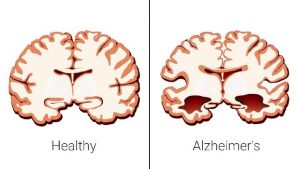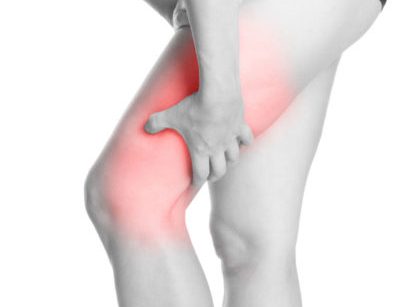
This blog article was inspired by a TED Talk from Wendy Suzuki at TEDWoman 2017, titled Brain Changing Benefits of Exercise.
I’m sure everyone knows that exercise is good for health and good for losing weight. It has become common knowledge that exercise can improve your heart condition, blood circulation, muscles and the function of your bones. But, what many people don’t know is that exercise is also beneficial for your BRAIN. There are 2 mechanisms by which exercise can affect brain function, in the short term and in the long term
Short Term = Increase Positive Neurotransmitter Production
Many studies have shown that exercise can produce a direct effect on the production of positive hormones in your brain such as Dopamine, Serotonin and Noradrenaline. Dopamine is a hormone that can improve one’s focus and memory. Serotonin is a hormone that can improve your mood and emotional state. Noradrenaline is a hormone that can increase brain connections, so that your brain’s learning and work capacity improves.

Neurtoransmitter
Long-term = Increase your brain cells and brain volume
In addition to producing direct effects, when we exercise routinely, our brain will change and improve. Over time, the part of the brain that functions to increase the production of positive hormones will multiply and increase, helping us in our daily activities and work. The consequence of this is, exercise can be used to prevent diseases that attack the brain such as Alzheimer’s and Dementia.
Alzheimer’s and dementia are diseases that are often referred to as “aging diseases”. This condition usually causes reduction of brain cells, which results in memory loss and cognitive abilities. With regular exercise, we can train and multiply brain cells to prevent these two diseases.

Warna merah merupakan sel-sel otak yang telah hancur akibat penyakit Alzheimers
Now if you already trust the benefits of exercise, the question is what exercises should you do and for how long?
For this type of exercise, when you want positive effects for your brain and mental ability, you must do cardiovascular / aerobic exercises, such as running, cycling, swimming and other cardiovascular exercises that increase your heart rate. Weight lifting and strength exercises are still good for your body, but have less effect on your brain.
In terms of the duration and frequency of exercises, we suggest around 20-30 minutes a day, making sure your heart rate really increases during the workout, depending on how often you work out at the moment. However if you have a medical history that may affect your ability to exercise, we recommend that you check your health specialist first and seek advice from your doctor or therapist.
In conclusion, when you are feeling sluggish and unproductive at work, put on your workout gear and exercise for 20-30 minutes. After completion, you will feel more energetic and more productive and ready to go. If you need help to prescribe the best exercise program for your body and condition, PhysioActive team can definitely help you with this.



